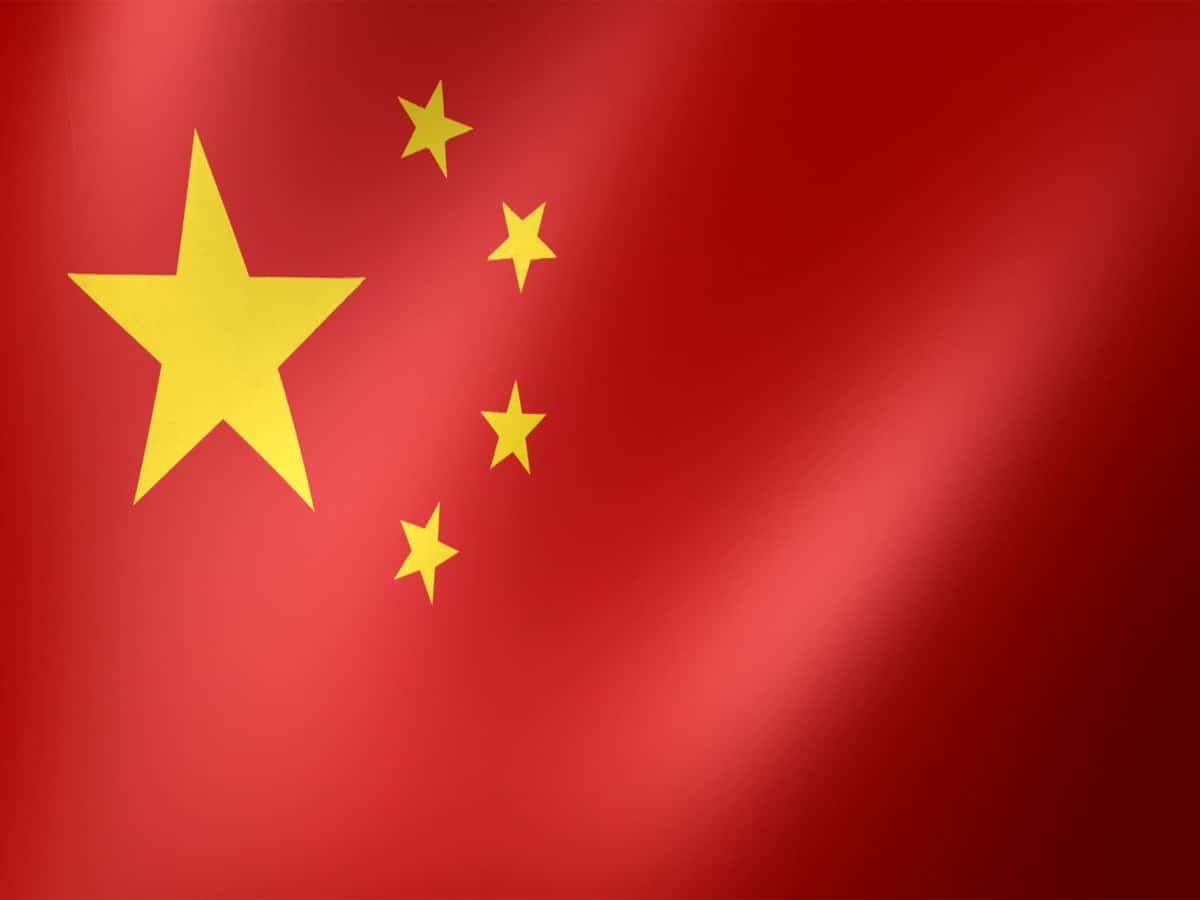Beijing: Underlining that Afghanistan was at a critical stage of transforming from chaos to governance, China has urged the Taliban that they should make a clean break with terrorism, demonstrate openness and tolerance, unite all ethnic groups, effectively protect rights of women and children.
Continuing China’s effective contacts with the Taliban, Chinese Foreign Minister Wang Yi held talks with the acting Deputy Prime Minister of Taliban’s interim administration Mullah Abdul Ghani Baradar in the Qatari capital of Doha on Monday.
Wang said Afghanistan stands at a critical stage of transforming from chaos to governance and is currently facing a historic opportunity to truly master its own destiny, achieve reconciliation and tolerance, and advance national reconstruction.
The Chinese minister expressed hope that the Afghan Taliban will further demonstrate openness and tolerance, unite all ethnic groups and factions in Afghanistan to work together for peaceful reconstruction, and effectively protect the rights and interests of women and children, state-run Xinhua news agency reported.
Since the Taliban came to power, China has been asking it to make a clean break with all terrorist forces and form an open and inclusive government following moderate domestic and foreign policies.
This is the second-time Wang met Baradar, whose prolonged absence from limelight in Kabul sparked off internal power struggle between moderates and hardliners in Taliban.
Wang first met Baradar, who visited China’s Tianjin city in July this year, ahead of Taliban’s take-over of power in Kabul. Since then, Beijing in coordination with Pakistan and Russia kept close contacts with the Afghan militant though it is yet to recognise its interim administration.
The three countries also kept the diplomatic missions open in Kabul. China also announced USD 31 million humanitarian assistance to Afghanistan.
Wang said that Afghanistan is facing quadruple challenges, namely the humanitarian crisis, economic chaos, terrorist threats and governance difficulties and overcoming these challenges requires more understanding and support from the international community.
The Chinese official also urged the Taliban to adopt a friendly policy toward its neighbouring countries, and build a modern country that conforms to the wishes of the people as well as the trend of the times.
Wang emphasised that the “East Turkistan Islamic Movement” (ETIM), an Uygur militant group from Xinjiang not only posed a real threat to China’s national security and territorial integrity, but also jeopardised the domestic stability and long-term stability in Afghanistan.
He hoped that the Afghan Taliban would make a clean break with the ETIM and other terrorist organisations, and take effective measures to resolutely crack down on them.
He also called on the US and the West as a whole to lift sanctions, and urged all parties to engage with the Afghan Taliban in a rational and pragmatic manner to help Afghanistan embark on a path of healthy development.
For his part, Baradar briefed Wang on the current situation in Afghanistan, which, he said, is under control and improving, with the governments at all levels being gradually established and government decrees being carried out effectively.
The Afghan interim government is working hard to meet the needs of the people, and will learn from its historical experience to take a development path in line with its national conditions, said Baradar.
It has taken and will continue to take inclusive measures to expand the representation of the regime, he said, citing that most officials and technocrats of the former government have stayed in office, and more talents of all ethnic groups will be recruited to participate in the state governance in the future.
Meanwhile, Baradar said that the Afghan Taliban is willing to strengthen the efforts to protect the rights and interests of women and children, and will not deprive them of the rights to education and work.
For now, women in medical institutions, airports and other places have resumed their work, and girls in primary and secondary schools in many provinces have returned to school, but they still face difficulties such as lack of facilities and funds, the Taliban official said.
Baradar expressed the hope that China and the international community will increase assistance to Afghanistan to help it overcome the humanitarian crisis and return to the right track of development.
He also expressed thanks to China, an important neighbour of Afghanistan, for its respect and friendliness shown to Afghanistan during the difficult times.
Pursuing a friendly policy toward China is the firm choice by the Afghan Taliban, which hopes to strengthen cooperation with China in various fields, he said.
The Afghan Taliban, which attaches great importance to China’s security concerns, will resolutely honour its promise and never allow anyone or any force to use the Afghan territory to harm China, Baradar added.
During his stay in Doha, Wang will also meet Afghanistan’s acting Foreign Minister Amir Khan Muttaqi, the Xinhua report said.

